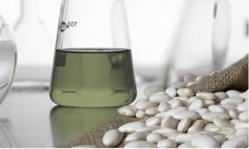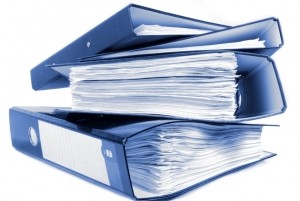EFSA rejects white kidney weight loss appeal; firm points to ‘procedural stickling’

The firm’s managing director told us it was ‘disappointed’ with the rebuff of its appeal to last July’s rejection by EFSA’s health claims panel, but said there positives to be taken from it – and that it would submit again.
Ewoud Bos pointed to EFSA’s Panel on Dietetic Products, Nutrition and Allergies (NDA) recognition of the positive effects of one study (Grube et al, 2013), even if the NDA determined it was not enough to win an overall positive opinion.
"We are very pleased about the fact that EFSA sees our clinical study as pertinent and as positive evidence for an effect of the standardised white kidney bean extract in reducing body weight,” Bos said.
“At the same time, InQpharm is disappointed to see that the panel upholds its previous opinion, despite InQpharm providing substantial additional arguments for revisiting the case. It looks as if it is rather the procedure that forces EFSA to stick to their previous decision than the science.”
In its initial rejection of the white kidney bean (Phaseolus vulgaris L.) submission the NDA said one study was “at risk of bias [due to blinding issues.” Another “suffered from methodological limitations and that no evidence was provided for a mechanism by which the standardised aqueous extract from white kidney bean could exert the claimed effect.”
Rejection reasoning
InQpharm, a firm with manufacturing and marketing bases in Germany and the UK, appealed the NDA opinion and submitted new data and analysis as well as challenging some of the NDA reasoning, all of which was rejected by the NDA ultimately this week.
Aside from the study blinding issues the NDA stated that:
- An evaluation of ta supporting study came in too late.
- Other studies subsequently submitted by InQpharm were outside the scope of what it could comment on in dealing with the appeal.
- Effects observed in other submitted studies were not at doses initially proposed for the health claim.
“We remain upbeat…”
Bos said his firm would try and learn from the NDA’s verdict in working toward another application under the EU nutrition and health claims regulation (NHCR).
“Whilst we remain confident that by all standards we have answered all of the panel's doubts and questions in a satisfactory manner from a scientific standpoint, we will now take these comments on board in a positive spirit and work towards filling the gaps that the panel feels it has identified, before approaching EFSA once more on the subject,” he said.
“We remain upbeat about achieving the desired health claim for PhaseLite [the branded extract in question] in the near future and hope that at the same time the panel will take on board our constructive suggestions and requests and comments, hopefully leading to a more consistent, transparent and collaborative process in evaluating health claim applications.”
InQpharm, which specialsises in pharmaceuticals, nutraceuticals, cosmetics and medical devices, uses PhaseLite in a weight loss product called Glucosanol.











